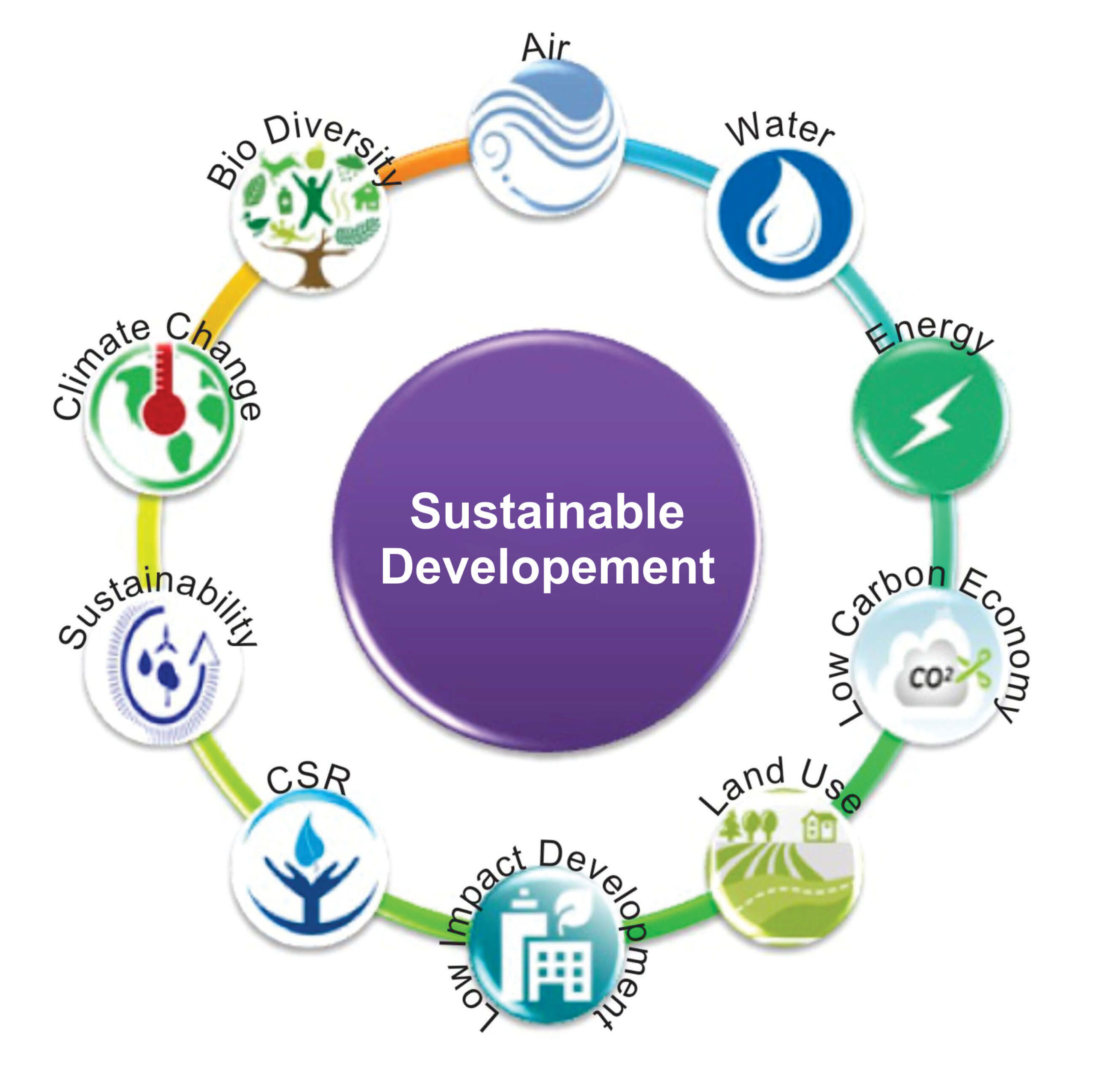Sustainable Development has emerged as the latest development catchphrase. A wide range of non-governmental as well as governmental organizations have embraced it as the new paradigm of development.
One of the most important shifts in international cooperation of the last 50 years took place when a new set of Sustainable Development Goals (SDGs) come into effect.
In Sep 2015, United Nations unanimously passed the 17 SDGs, which are the de-facto framework to guide the global sustainable development through 2030.
The aim is to “Promote peaceful and inclusive societies for sustainable development, and provide access to justice for all and build effective, accountable and inclusive institutions at all levels”.

The Sustainable Development Goals (SDGs) provide set of goals, targets and indicators to frame the political agendas and policies for the governments around the globe. The SDGs contain 17 goals and 169 targets covering a wide range of development issues. The SDGs will guide international development policies to embrace and reflect the inter-connectedness of social, economic and environmental challenges and solutions
SDGs propel and enable us to shift how we think about and approach complex societal problems, and can help to break down silos between work of different actors and geographies – thus opening space and opportunities for new forms of collaboration around specific agendas or problems.
Now the world has universal development goals, representing a pivotal shift in development paradigm which gives its leaders multiple lenses for analyzing these goals, from thematic areas like climate change. While adopting these SDGs, the government of India, underlined that much of India’s development agenda is mirrored in the Sustainable Development Goals. The welfare of the poorest is at the centre of thoughts, policies and actions with due prominence to environmental goals, especially climate change and sustainable consumption.
A review of the literature that has sprung up around the concept indicates a lack of consistency in its interpretation. More important, while the all-encompassing nature of the concept gives it political strength, its current formulation by the mainstream of SD thinking contains significant weaknesses. These include an incomplete perception of the problems of poverty and environmental degradation, and confusion about the role of economic growth and about the concepts of sustainability and participation.
FROM OUR BLOG
JOIN OUR MAILING LIST
One of the best ways to stay in touch with SDG FOUNDATION is by joining our email list. You will be among the first to get notice of upcoming webinars, events and news.